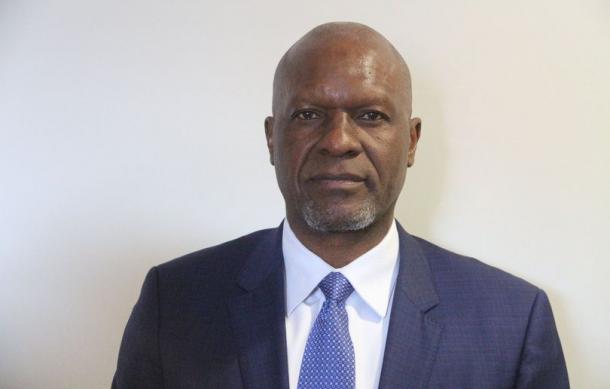
There is a need to find a balance between meeting the needs of the people and protecting the planet as the world moves towards an energy transition.
These were the sentiments shared by the Minister of Mines and Energy during a public discussion on Optimising Economic Returns from critical minerals held in Windhoek.
Energy transitioning refers to the process of shifting from traditional energy systems like fossil fuels to alternative energy sources that depend on renewable energy sources.
It is seen as the solution to global warming as it creates a more sustainable, environmentally friendly, and resilient energy system.
However, Mines and Energy Minister Tom Alweendo says the transition must not adversely affect citizens' livelihoods.
"To those who insist that we do that, it just shows a lack of concern about the negative impacts of us rushing our switch from fossil fuels to renewables. Think about the potential loss of economic opportunities and greater difficulties in delivering reliable electricity to the hundreds of millions of Africans who need it so badly. Think about the ensuing loss of the livelihood that most African countries have been carefully nurturing over the last few decades. Pushing Africa to move forward with an energy transition on any timetable other than our own is yet another example of the lack of appreciation the global community has for African priorities."
It is hoped that the endeavour will tackle energy poverty.
More than 600 million Africans are estimated to lack electricity.
"Let us also remember that, hitherto, no nation has achieved industrialization solely through solar or wind power. However, those that are industrialised today, with financial reserves, are in a better position to finance their energy transitions. For us, we must be in a position to drive our energy transition initiatives by using what we have now to achieve what we envision for our future. so we get what we out to get."
Namibia is hailed as having great potential for more discoveries of critical minerals, with 1679 critical mineral occurrences.
"While these critical minerals hold potential for significant economic gains, unlocking them demands a thoughtful approach that tackles challenges through collaboration. Because the greatest challenge we face is ensuring that mining these minerals leads to the economic and social development of the country. So, unlocking the full potential of the critical minerals will require us to put sustainability first," says Zenzi Awases, Empowermine Consulting Services MD.
Participants in the discussion say there is a need to realise a globally coordinated effort that ensures sustainability in building a mineral sector critical to the creation of jobs.





